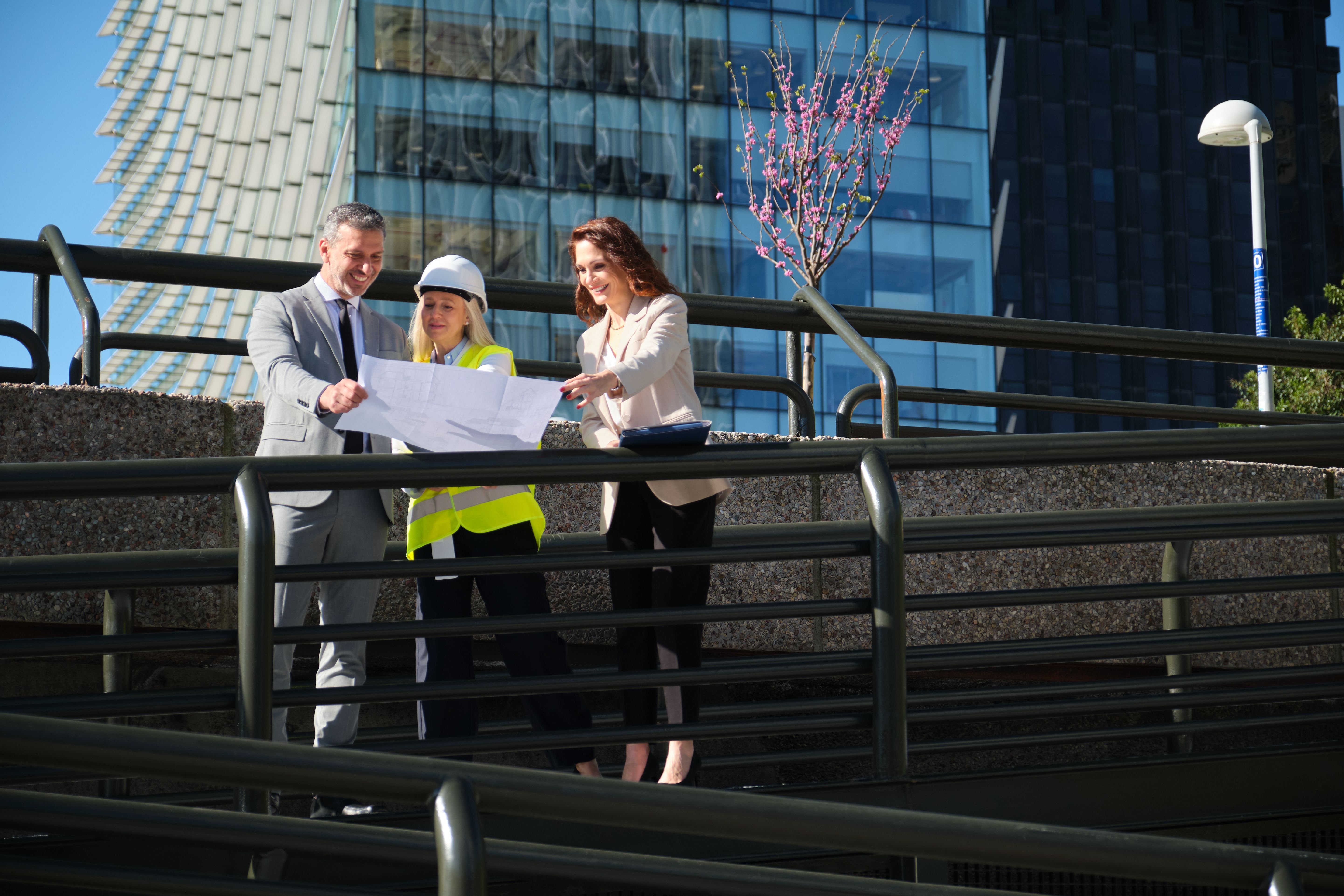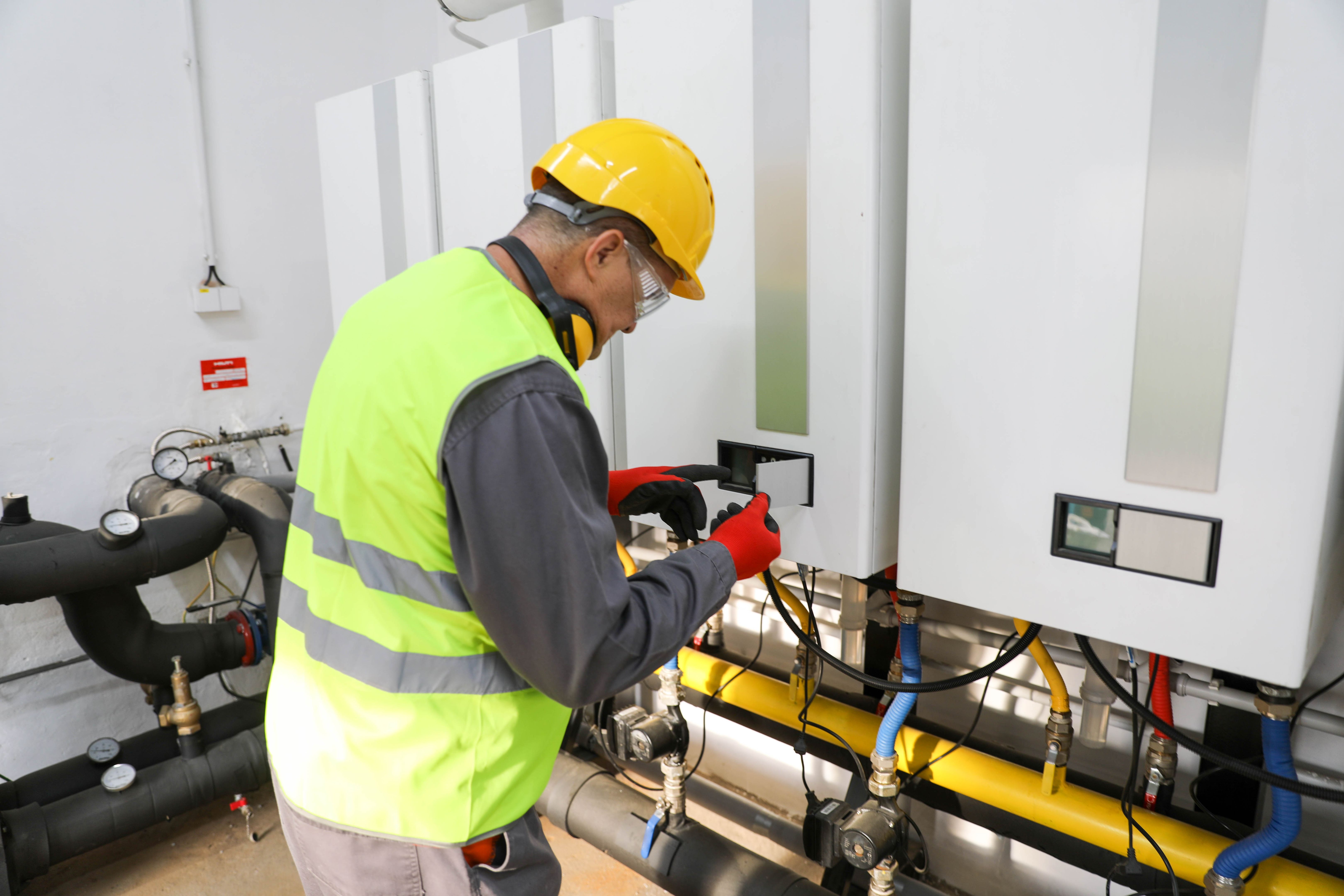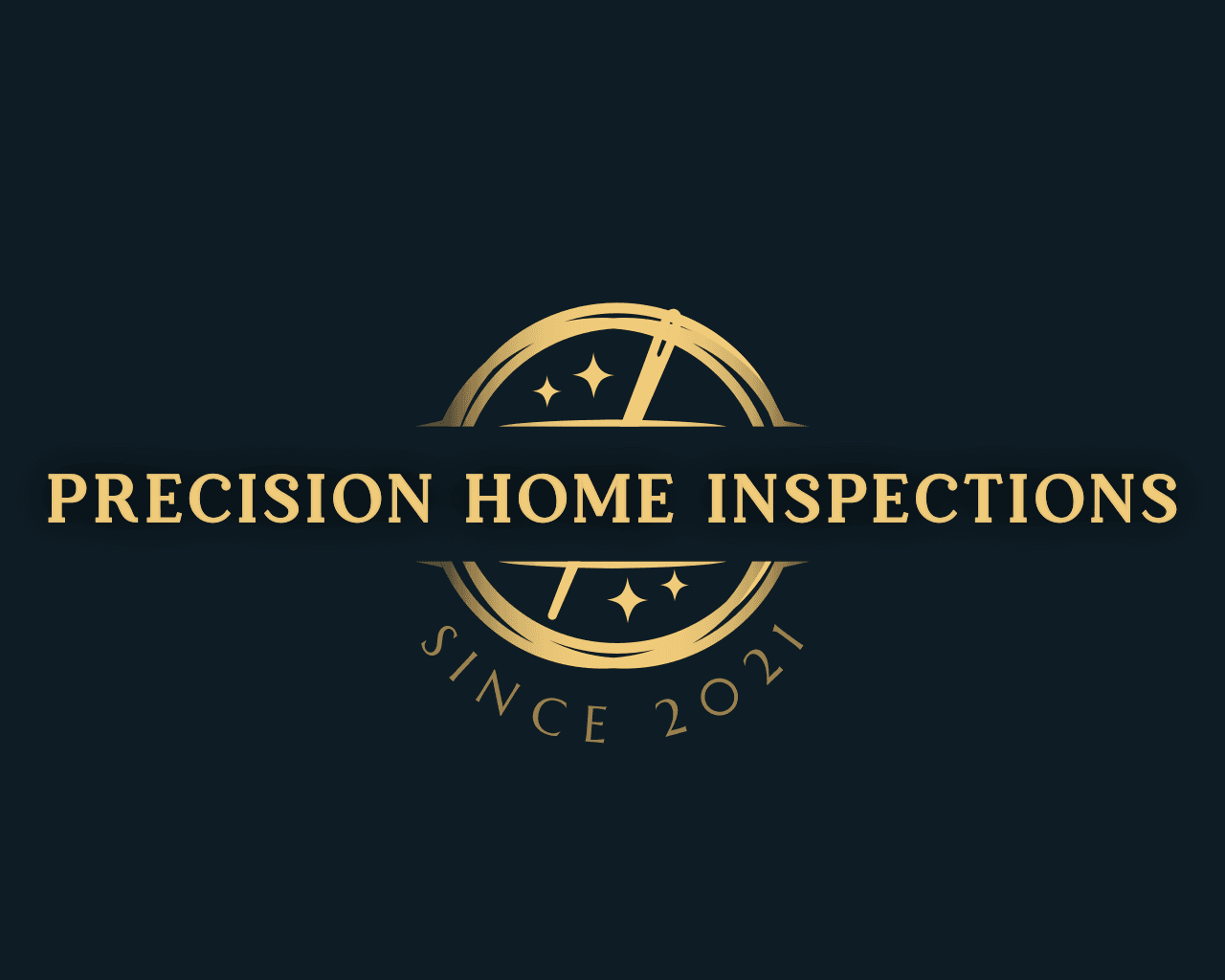Commercial Building Inspection in Maryland: A Comprehensive Guide
jk
Understanding Commercial Building Inspections
In the realm of real estate and property management, a commercial building inspection is an essential step to ensure the safety and longevity of a property. Whether you're buying, selling, or maintaining a commercial space, understanding the intricacies of this process in Maryland can save you time and resources.
A commercial building inspection involves a thorough assessment of the property’s structure and systems. Unlike residential inspections, these evaluations cover a broader scope, including HVAC systems, electrical, plumbing, and compliance with current building codes.

The Importance of Commercial Inspections
Conducting a commercial building inspection in Maryland is crucial for identifying potential issues that could affect the property’s value or safety. These inspections can reveal hidden problems like structural damage, outdated systems, or environmental hazards that might not be immediately apparent.
Investing in a professional inspection can lead to informed decision-making, ensuring that property owners and managers adhere to Maryland’s stringent building regulations and standards.
Key Components of a Commercial Inspection
When undergoing a commercial building inspection, several key elements are assessed to ensure the property’s integrity and compliance.
- Structural Integrity: Inspectors evaluate the foundation, walls, and roofing for any signs of damage or wear.
- Mechanical Systems: HVAC systems are checked for efficiency and proper functioning.
- Electrical Systems: Wiring, panels, and electrical components are thoroughly reviewed to prevent hazards.
- Plumbing: Pipes and fixtures are inspected for leaks, corrosion, and overall condition.

Choosing the Right Inspector
Selecting a qualified inspector is a critical step in the process. In Maryland, inspectors should be licensed and experienced in commercial properties. It’s advisable to choose professionals who are familiar with local building codes and have a track record of thorough and unbiased assessments.
Referrals and online reviews can be valuable resources when selecting an inspector. Ensure they provide a comprehensive report that includes detailed findings and recommended actions.
Preparing for a Commercial Inspection
Preparing your property for an inspection can streamline the process and help identify areas that may need attention. Here are some steps to consider:
- Document Review: Gather previous inspection reports, maintenance records, and any relevant documents.
- Access: Ensure all areas of the building are accessible, including basements, rooftops, and mechanical rooms.
- Repairs: Address any obvious issues beforehand to avoid potential red flags during the inspection.

Post-Inspection Actions
After the inspection, review the comprehensive report provided by the inspector. This document will highlight any issues and suggest necessary repairs or improvements. Prioritize these tasks based on urgency and budget.
Addressing identified issues promptly can prevent further deterioration and enhance the property's value, safety, and compliance with Maryland’s regulations.
Conclusion
Commercial building inspections in Maryland are a vital part of property management and investment. By understanding the process and engaging with experienced professionals, property owners can ensure their investments are secure and compliant. Regular inspections and timely maintenance not only safeguard the property but also enhance its marketability and operational efficiency.
